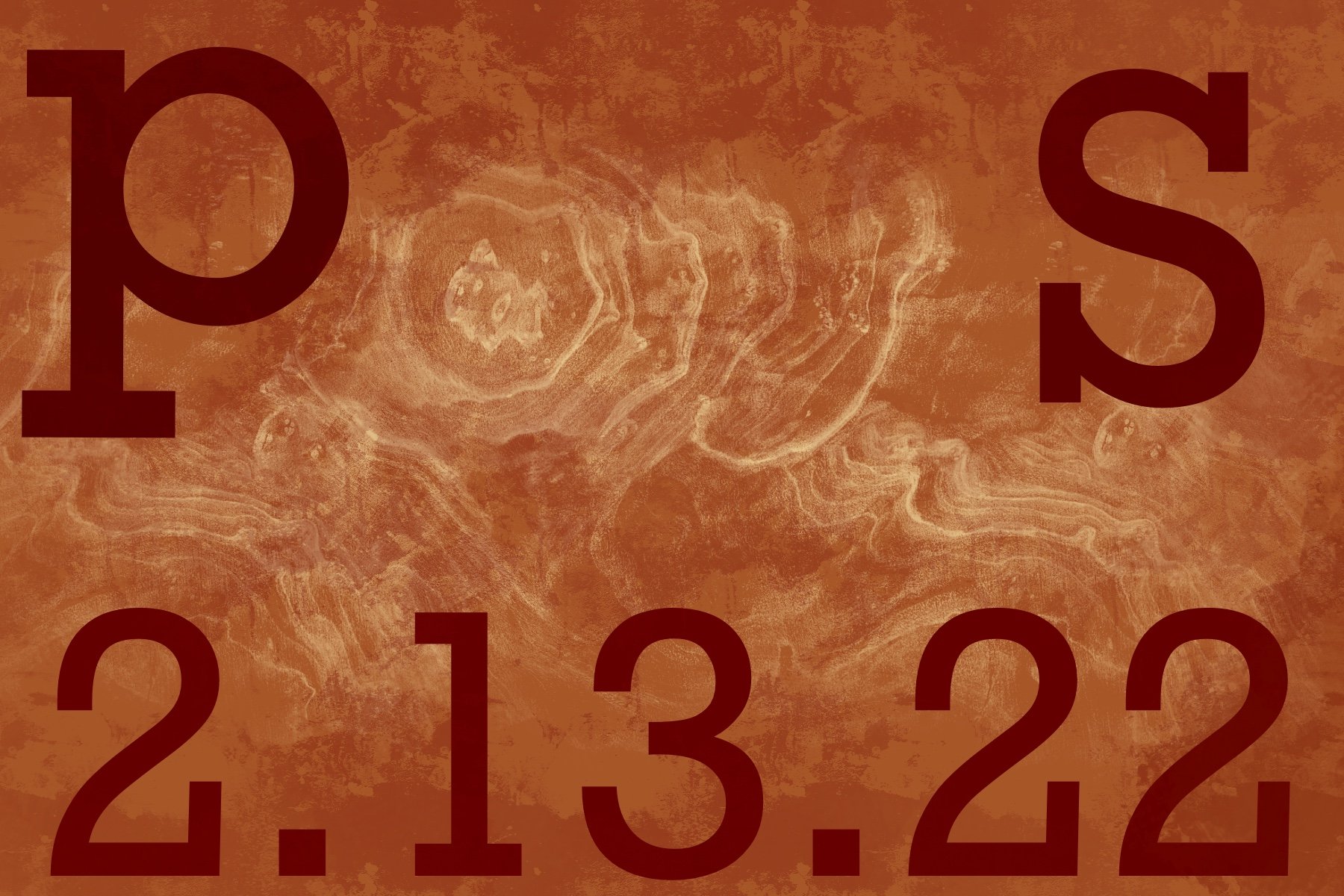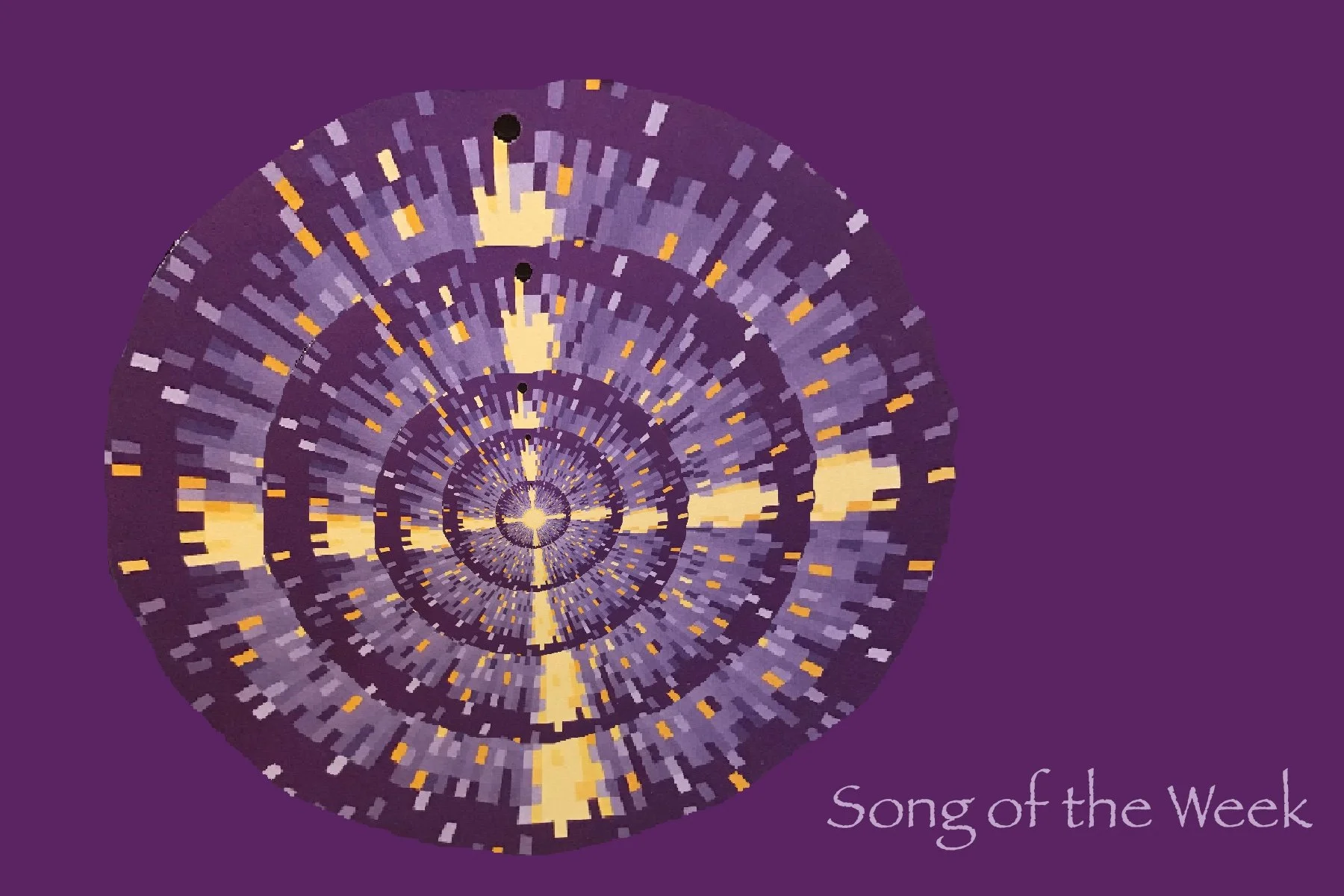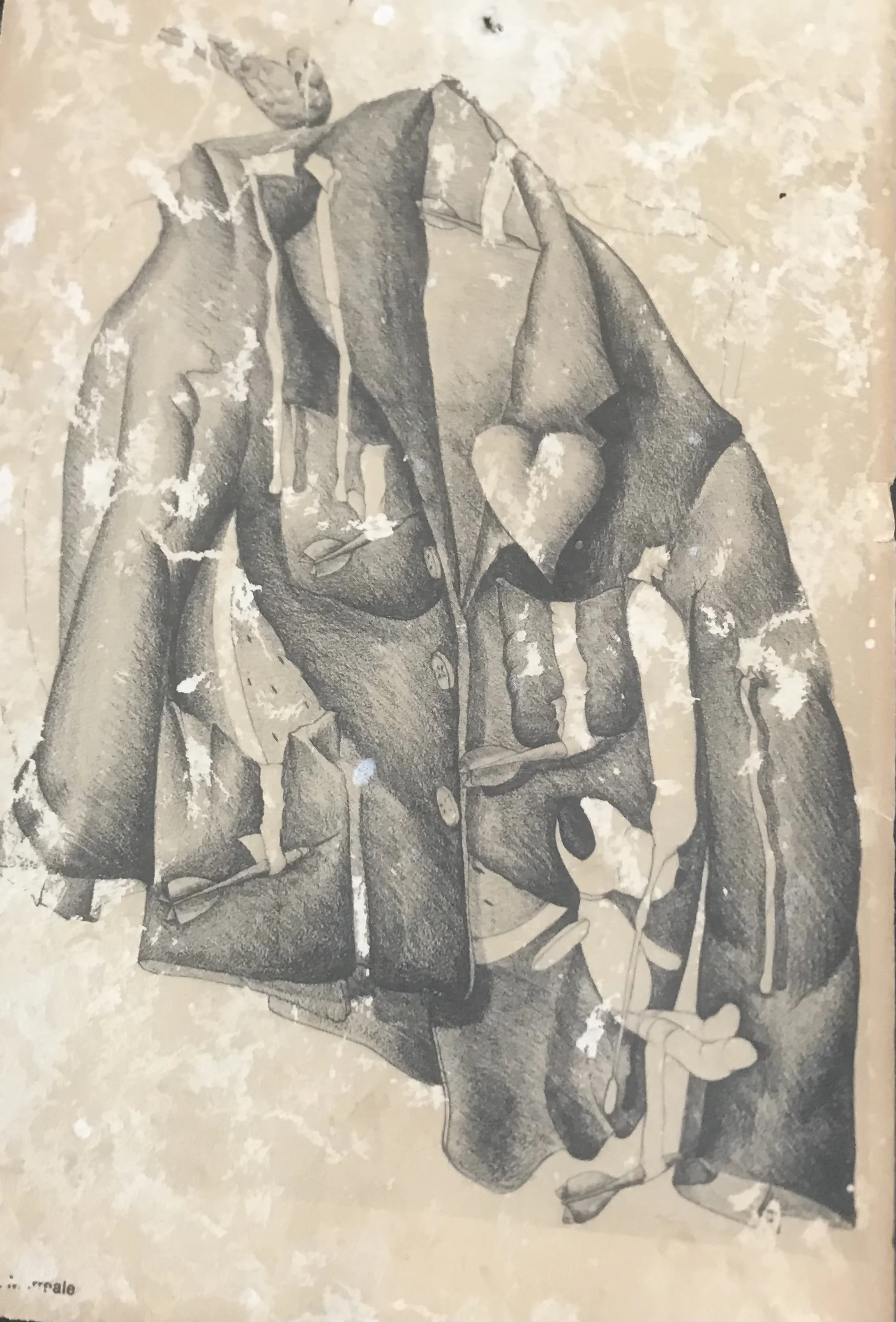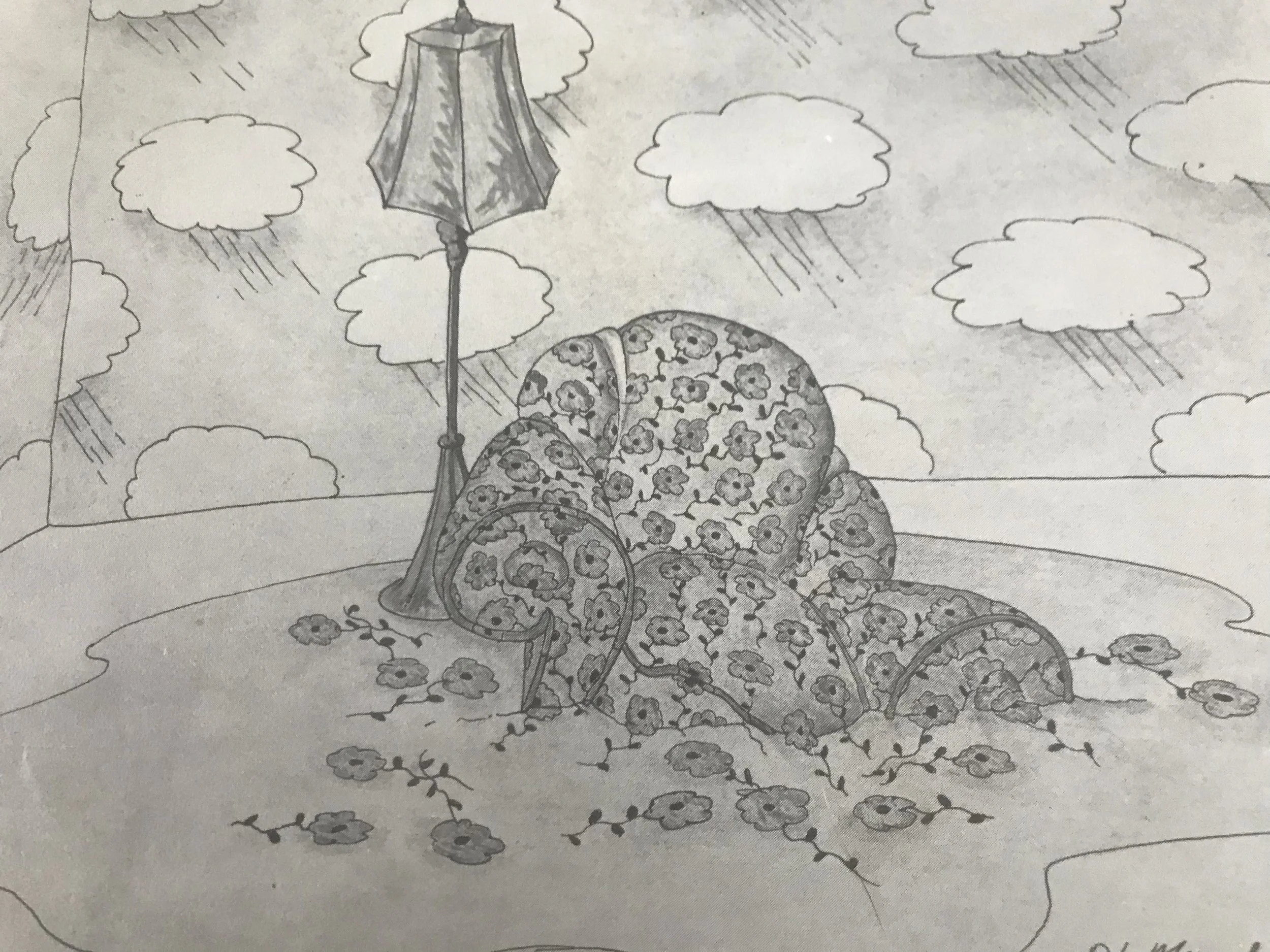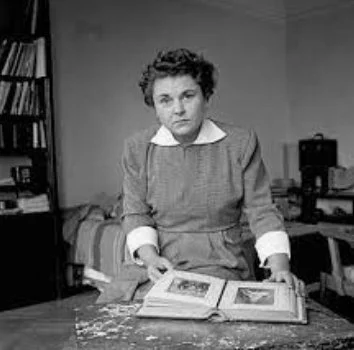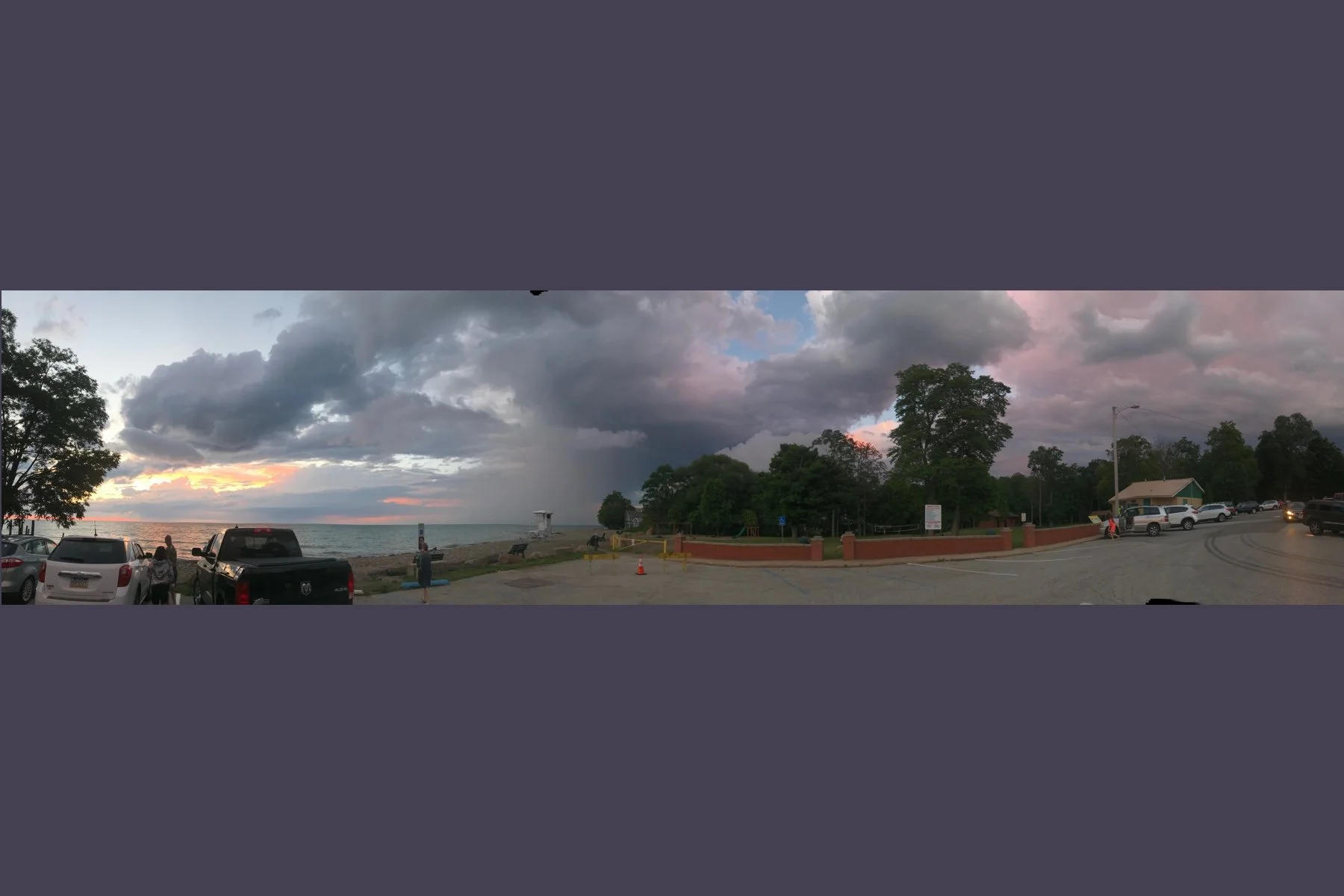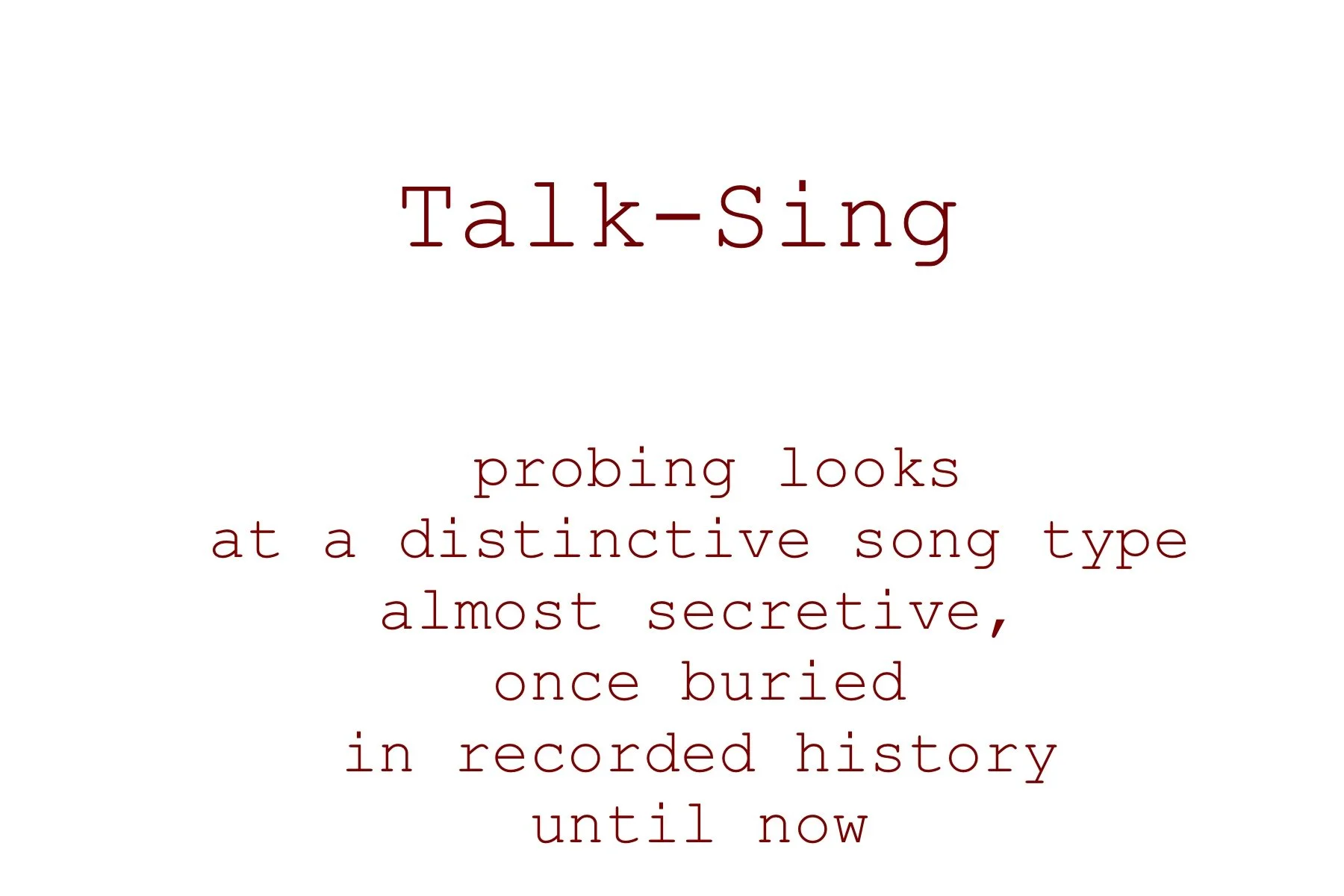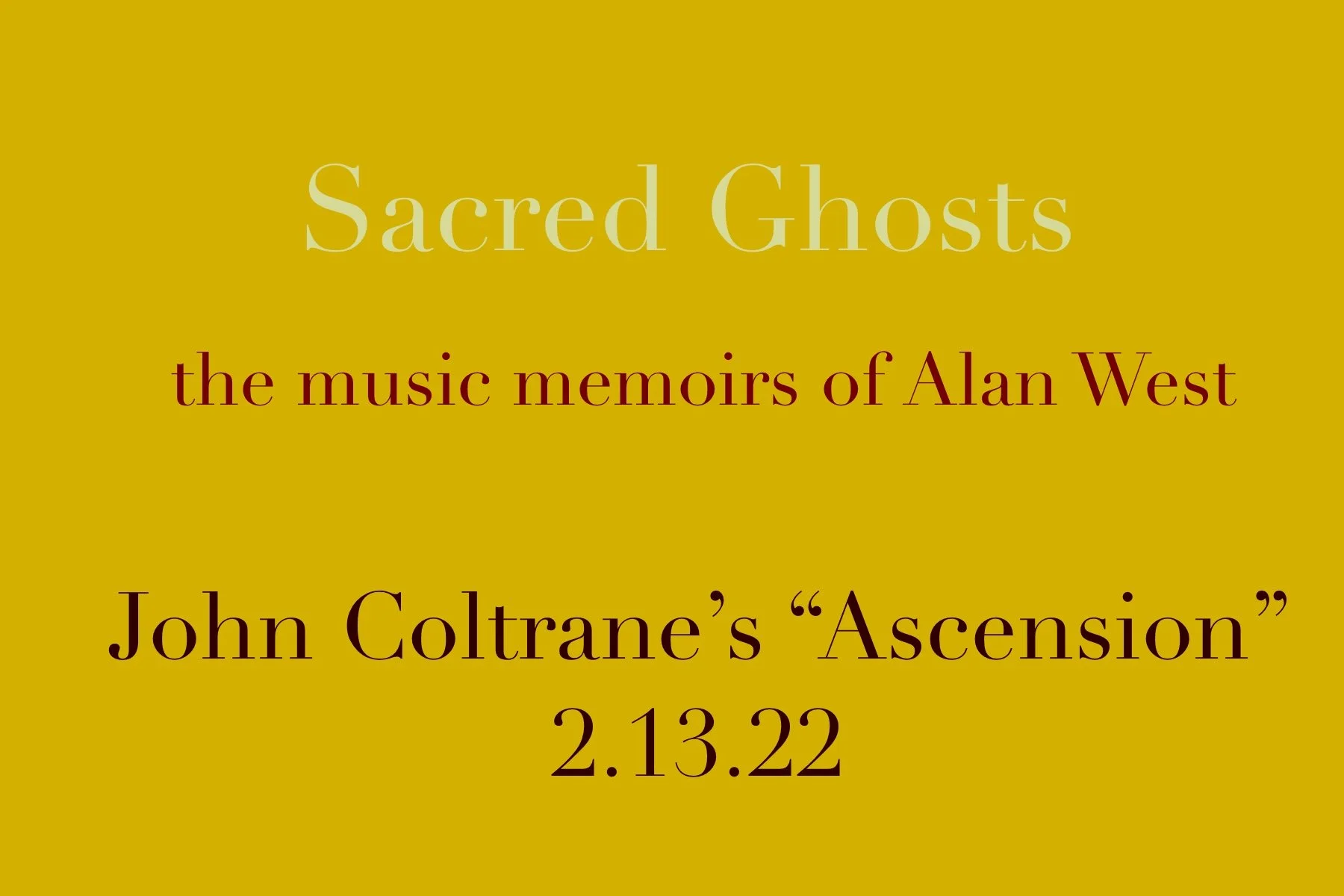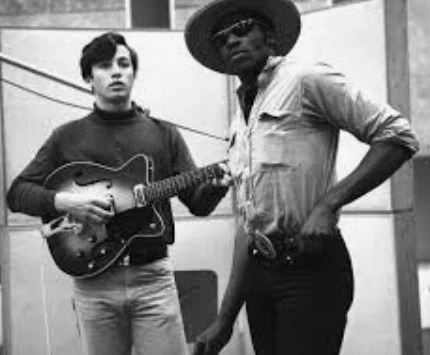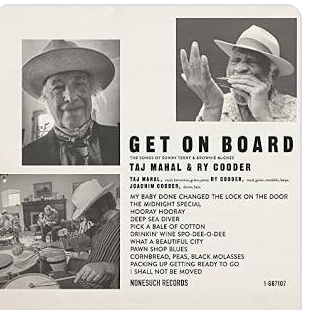Ms. Neko Case
Being a full time god seeking agnostic its hard to deny the existence of gospel music and all its derivatives.
Neko Case kicks a version of “John the Revelator,” done best by Son House into a special gear here. And that’s Garth Hudson, from the Band doing whirlygigs on the organ
“Old John the baptist, old John divine
Leather harness round his line
His meat was locust and honey
Wild honey lord, wild honey
John saw that number
Way in the middle of the air
Cryin’ holy, holy to the Lord
Old John the baptist, old John divine
Frogs and snakes are gonna get John this time
God told the angel “go see about John”
So he flew from the pit with the moon round his waist
Gathered wind in his fists so the stars round his wrists
Cryin’ holy, holy to the lord
Read the revelations, you’ll find him there
Third chapter, fourth verse where he said unto me
”There’s a beast that rose out of the sea”
Ten crowns, ten crowns
On his horns write “blasphemy”
John couldn’t read it (John couldn’t read it)
Get on repeat it
John couldn’t read it
Holy, holy to the Lord
There was a man, a pharisee
Who came by night to meet him
Said “I know thy teacher came from God cause no man can do such miracles
Without the lord to entreat him”
God told the angel “go see about John”
So he flew from the pit with the moon round his waist
Gathered wind in his fists and the stars round his wrists
Cryin’ holy, holy to the Lord
Holy, holy to the Lord
Holy, holy to the Lord...
Old John the baptist, old John divine
Leather harness round his line
His meat was locust and honey
Wild honey lord, wild honey
John saw that number
Way in the middle of the air
Cryin’ holy, holy to the Lord
Old John the baptist, old John divine
Frogs and snakes are gonna get John this time
God told the angel “go see about John”
So he flew from the pit with the moon round his waist
Gathered wind in his fists so the stars round his wrists
Cryin’ holy, holy to the lord
Read the revelations, you’ll find him there
Third chapter, fourth verse where he said unto me
”There’s a beast that rose out of the sea”
Ten crowns, ten crowns
On his horns write “blasphemy”
John couldn’t read it (John couldn’t read it)
Get on repeat it
John couldn’t read it
Holy, holy to the Lord
There was a man, a pharisee
Who came by night to meet him
Said “I know thy teacher came from God cause no man can do such miracles
Without the lord to entreat him”
God told the angel “go see about John”
So he flew from the pit with the moon round his waist
Gathered wind in his fists and the stars round his wrists
Cryin’ holy, holy to the Lord
Holy, holy to the Lord
Holy, holy to the Lord...
”
Two beat up copies of paintings from the late Dave Morreale of Hardwick, Mass. They come from an exhibit he had called “Couched in Madness.” He won’t ever be gone!
Poet Elizabeth Bishop. Born in Worcester, MA., it took her 25 years to finish her poem, “The Moose.”
“From narrow provinces
of fish and bread and tea,
home of the long tides
where the bay leaves the sea
twice a day and takes
the herrings long rides,
where if the river
enters or retreats
in a wall of brown foam
depends on if it meets
the bay coming in,
the bay not at home;
where, silted red,
sometimes the sun sets
facing a red sea,
and others, veins the flats’
lavender, rich mud
in burning rivulets;
on red, gravelly roads,
down rows of sugar maples,
past clapboard farmhouses
and neat, clapboard churches,
bleached, ridged as clamshells,
past twin silver birches,
through late afternoon
a bus journeys west,
the windshield flashing pink,
pink glancing off of metal,
brushing the dented flank
of blue, beat-up enamel;
down hollows, up rises,
and waits, patient, while
a lone traveller gives
kisses and embraces
to seven relatives
and a collie supervises.
Goodbye to the elms,
to the farm, to the dog.
The bus starts. The light
grows richer; the fog,
shifting, salty, thin,
comes closing in.
Its cold, round crystals
form and slide and settle
in the white hens’ feathers,
in gray glazed cabbages,
on the cabbage roses
and lupins like apostles;
the sweet peas cling
to their wet white string
on the whitewashed fences;
bumblebees creep
inside the foxgloves,
and evening commences.
One stop at Bass River.
Then the Economies—
Lower, Middle, Upper;
Five Islands, Five Houses,
where a woman shakes a tablecloth
out after supper.
A pale flickering. Gone.
The Tantramar marshes
and the smell of salt hay.
An iron bridge trembles
and a loose plank rattles
but doesn’t give way.
On the left, a red light
swims through the dark:
a ship’s port lantern.
Two rubber boots show,
illuminated, solemn.
A dog gives one bark.
A woman climbs in
with two market bags,
brisk, freckled, elderly.
“A grand night. Yes, sir,
all the way to Boston.”
She regards us amicably.
Moonlight as we enter
the New Brunswick woods,
hairy, scratchy, splintery;
moonlight and mist
caught in them like lamb’s wool
on bushes in a pasture.
The passengers lie back.
Snores. Some long sighs.
A dreamy divagation
begins in the night,
a gentle, auditory,
slow hallucination....
In the creakings and noises,
an old conversation
—not concerning us,
but recognizable, somewhere,
back in the bus:
Grandparents’ voices
uninterruptedly
talking, in Eternity:
names being mentioned,
things cleared up finally;
what he said, what she said,
who got pensioned;
deaths, deaths and sicknesses;
the year he remarried;
the year (something) happened.
She died in childbirth.
That was the son lost
when the schooner foundered.
He took to drink. Yes.
She went to the bad.
When Amos began to pray
even in the store and
finally the family had
to put him away.
“Yes ...” that peculiar
affirmative. “Yes ...”
A sharp, indrawn breath,
half groan, half acceptance,
that means “Life’s like that.
We know it (also death).”
Talking the way they talked
in the old featherbed,
peacefully, on and on,
dim lamplight in the hall,
down in the kitchen, the dog
tucked in her shawl.
Now, it’s all right now
even to fall asleep
just as on all those nights.
—Suddenly the bus driver
stops with a jolt,
turns off his lights.
A moose has come out of
the impenetrable wood
and stands there, looms, rather,
in the middle of the road.
It approaches; it sniffs at
the bus’s hot hood.
Towering, antlerless,
high as a church,
homely as a house
(or, safe as houses).
A man’s voice assures us
“Perfectly harmless....”
Some of the passengers
exclaim in whispers,
childishly, softly,
“Sure are big creatures.”
“It’s awful plain.”
“Look! It’s a she!”
Taking her time,
she looks the bus over,
grand, otherworldly.
Why, why do we feel
(we all feel) this sweet
sensation of joy?
“Curious creatures,”
says our quiet driver,
rolling his r’s.
“Look at that, would you.”
Then he shifts gears.
For a moment longer,
by craning backward,
the moose can be seen
on the moonlit macadam;
then there’s a dim
smell of moose, an acrid
smell of gasoline.
”
Lake Erie, Erie, PA. 2021
Here’s a popular example to introduce our first feature! It’s Talk-Sing
Hank worked this song type frequently with his alter ego “Luke the Drifter” often furthering morality tales!
“Ascension – John Coltrane
Four college sophomores are sitting in a dorm room, undoubtedly high, listening to Ascension. At least two of us are very familiar with the recording, as it had been released four years earlier. For one of us this hearing was an initiation.
Ascension is considered one of the greatest recordings of “free jazz.” It was Coltrane’s bold move away from the quartet format and “placed him firmly in the avant-garde.” For this recording there were eleven musicians: three tenor saxophonists, Pharoah Sanders, Archie Shepp and Coltrane; two altos, John Tchicai and Marion Brown; two trumpeters, Freddie Hubbard and Dewey Johnson; McCoy Tyner on piano; two bass players, Jimmy Garrison and Art Davis: and drummer Elvin Jones. Supposedly Rashied Ali (drums) and Frank Wright (tenor) were also invited but did not come. Each musician has a solo section, but the power and drive of the piece comes from the whole band sections.
For the person hearing this for the first time, he was profoundly moved. He immediately wanted to purchase my copy. I told him that the record was still in print and could be had at most shops. He wanted it now. I didn’t want cash for the LP so we brokered a trade. I recall getting three or four LPs in trade for it, but I have no recollection of what the titles were. Needless to say, I purchased a copy of Ascension shortly thereafter.
Fifty years after this event, I contacted the fellow who got the copy in the trade. He said he had no recollection of the event and that he had sold all his LPs thirty-five years ago. Why did this experience have a more lasting impact on me than it did for him? That is a complicated question that I surely cannot attempt to figure out.
But as the recent issue of the Atlantic points out, “the joy from the fulfillment of our wishes is evanescent. No matter what we achieve, see, acquire, or do, it seems to slip from our grasp.”
”
Ry and Taj from 1965 in their band “The Rising Sons”
New record from Ry Cooder and Taj Mahal busts into spring
